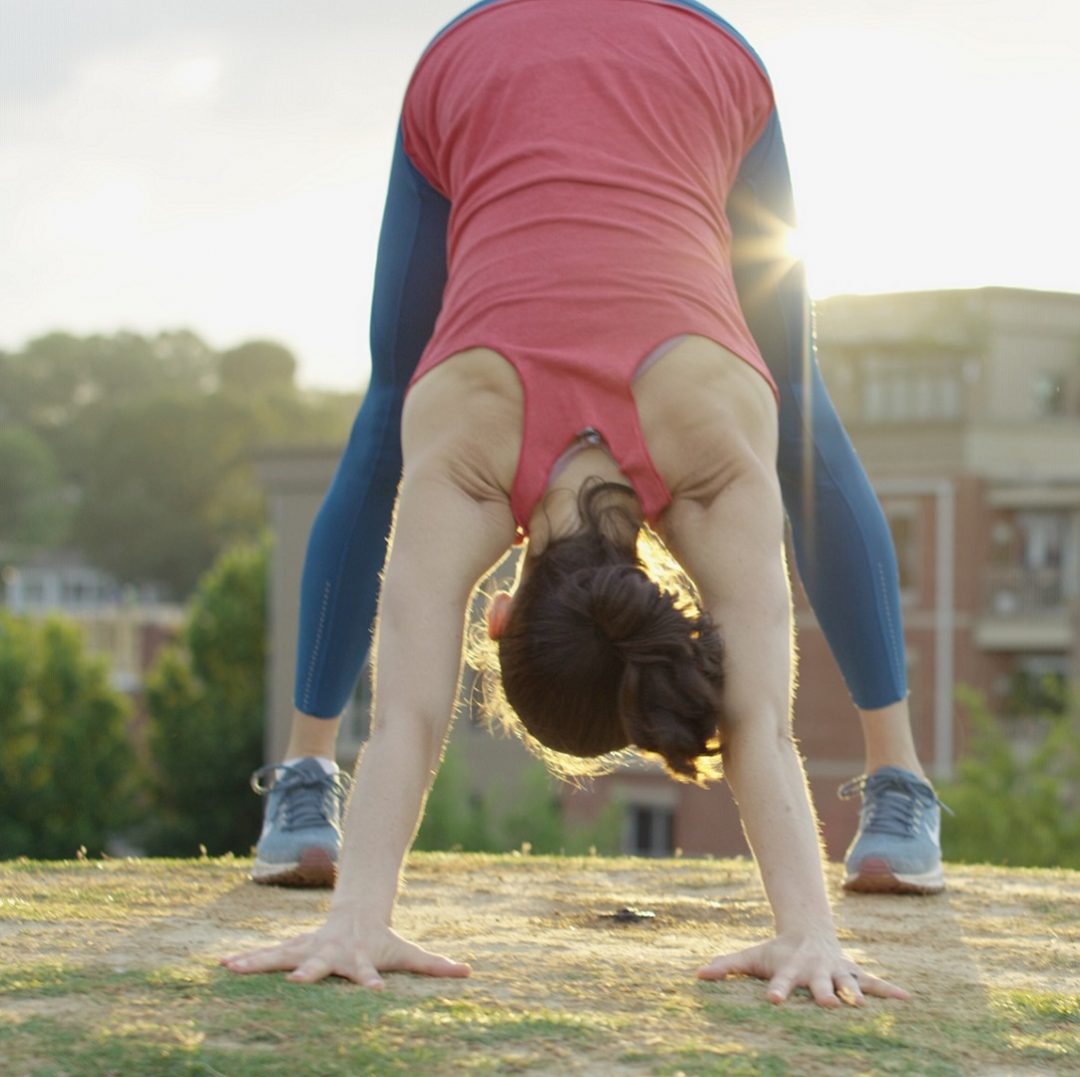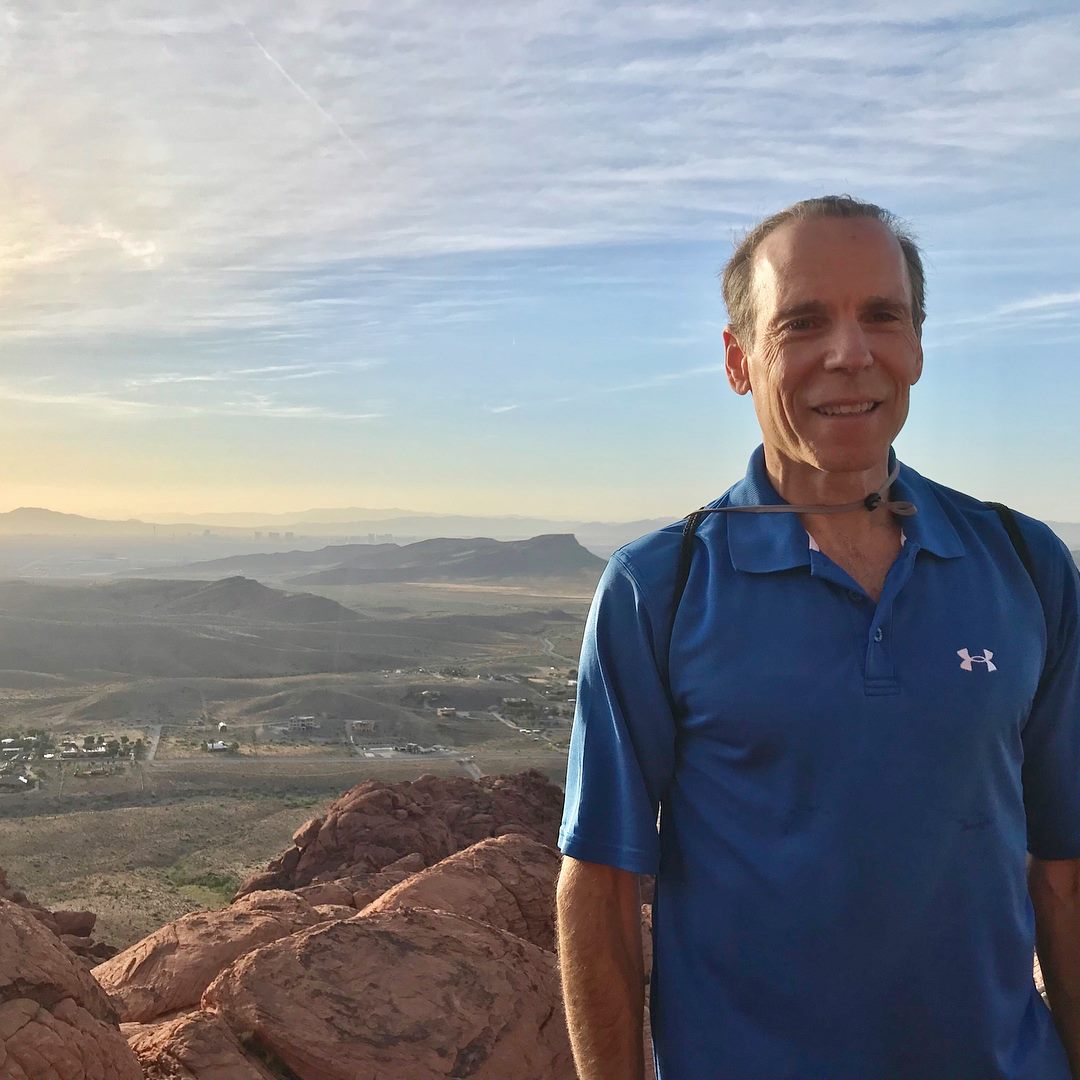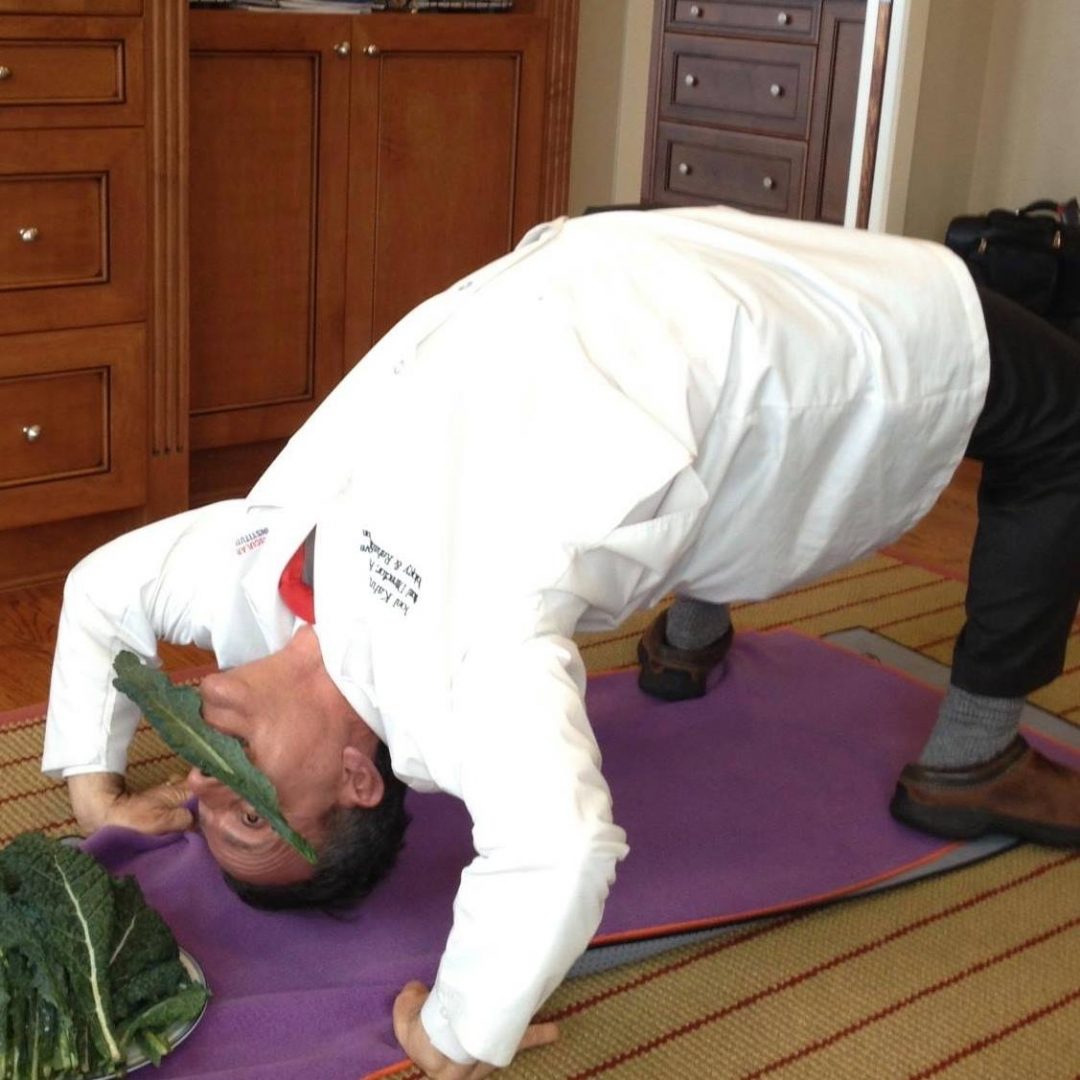The data overwhelmingly supports the pivotal role of exercise in maintaining and improving both physical and mental health.
As a personal fitness trainer, I specifically incorporate a mix of high intensity interval training (HIIT), moderate intensity workouts, strength/weight bearing, core and stability training, and stretching into my own workouts as well as my clients’.
Incorporating a combination of modalities is beneficial for building a health immune system, heart health, improving insulin sensitivity, lowering blood pressure, improving memory and cognition, reducing the incidence of depression, managing stress, avoiding injury, achieving and maintaining a healthy weight, and your overall improved quality of life.
The World Health Organization guidelines for physical activity advise getting at least 150 minutes of moderate intensity or 75 minutes of vigorous activity (or a combination) each week, along with a few days of strength training.
But going beyond the literature and World Health Organization general recommendations, what do real-life health experts do in terms of physical activity?
I reached out to some of my favorite health experts, and they generously sent me their routines.
Suzannah Bozzone, MD

Dr. Suzannah Bozzone was a competitive swimmer in high school and college. She got bit by the yoga bug in 1999 when her swim coach returned from the Pan Pacific championships—he had learned of several Olympic athletes cross-training in yoga and then having record-breaking times. Bozzone completed her yoga teacher training with Ana Forrest in 2009. Now a physician practicing lifestyle medicine, Bozzone describes exercise as “a must” for her mental health as well as being enjoyable. With three young children, ages 4, 6 and 9, “me time” has to be negotiated with her husband.
Dr. Bozzone does a wide variety of activities, both to keep things interesting and to make exercise compatible with her busy schedule. Most weeks, she does yoga 3 to 4 days per week using either yogadownload.com or leading her own classes. In addition, she does cardio at least 3 days a week and weight training 1 to 2 times a week. Here’s how her days of exercise look:
Sundays often involve a one-hour family bike ride or walk followed by 90 minutes of a combination of hot and nidra yoga. Monday includes 75 minutes of vinyasa hot yoga and a 15-minute walk. Depending on her schedule, Tuesdays can include an hour of hill walking while listening to a podcast, or 20 minutes of HIIT on an app followed by 20 minutes of core and light weights. When the weather isn’t so great, Bozzone hits the local YMCA gym to do 30–45 minutes on the elliptical, rower, Jacob’s Ladder, or stationary bike, followed by weights, core, and stretching. On Wednesdays, she’ll do either 60–75 minutes of hot yoga or 60 minutes of hill walking followed by a core workout and stretching. Thursdays look a lot like Tuesdays, although she occasionally hits the pool to swim 1500 yards after 15 minutes of elliptical and weights first. Fridays involve 60–75 minutes of hot yoga and/or 10–20 minutes of HIIT. When the weather’s nice, she may find herself outside on the trampoline with her 4-year-old. Saturdays involve 75 minutes of hot yoga, a 60-minute walk plus core training, or 30–45 minutes of cardio at the gym plus 30 minutes of weight training and core work. In good weather when the kids are game, Saturdays could also involve 60 minutes of cycling or walking as a family.
Joel Fuhrman, MD

Board-certified family physician and NYTimes Bestselling author, Dr. Joel Fuhrman, exercises five days a week, and just stretches and meditates the other two days. His method of exercise varies daily and with the seasons.
At least once a week, Dr. Fuhrman will run steep hills or hike up a mountain near his home in California. This is sure to get his heart rate up. His runs are typically 15 to 20 minutes, while his bike rides and mountain hikes are longer, sometimes more than an hour. In season, Dr. Fuhrman will play tennis one or two times each week; he also likes to bike hilly terrain. He mixes this up with some workouts with weights, use of the Stairmaster, and abdominal workouts at a gym or in his basement twice a week. He pays special attention to his legs, lower back, and core because he is an avid mogul skier and needs to be in excellent shape to be able to pound the moguls safely. Occasionally, he will spice up his exercise routine with box jumping and exercises on the vibration plate. In warmer weather, Dr. Fuhrman also swims in the pool and ocean. He also stretches a bit every day. Overall, while his workouts vary, his primary focus is to stay very fit and be physically prepared so he can enjoy skiing aggressively on expert terrain.
Joel Kahn, MD, FACC

Holistic cardiologist Dr. Joel Kahn has what he described to me as “the weirdest daily workout” ?. Specifically, he does the Five Tibetan Yoga Flow on a whole-body vibration plate while bathing in a red infrared light. In addition, he will do 50 push-ups, 10 minutes of curls, dips and squats with kettlebells—all while vibrating. This method of exercise is referred to as “stacked fitness” because he is stacking up 2 to 3 simultaneous benefits in a continuous circuit workout session.
David Katz, MD, MPH, FACPM, FACP, FACLM

Board certified specialist in preventive medicine and public health, Dr. Katz talks about his physical activity as “medicine” for him. He finds that it alleviates stress, calms and motivates him in addition to keeping him fit, healthy, and ready to fight another day for worthy causes. Dr. Katz has a home gym and on most days, he does 40 minutes of cardio on the elliptical, 5km on the rower, some weightlifting, abdominal work/calisthenics, chin-ups and pull-ups. When he is not traveling, Dr. Katz will walk his dogs around a 3.5-mile loop, as well as spend some quality time riding his horse, Tru. On weekends, he will add in some hiking and skiing.
Some Takeaways
While I hope that some of these workout routines will give you ideas and inspire you to be physically active, I also present them because they share three essential common themes:
- Finding movement enjoyable
- Being consistent
- Mixing it up to include cardio, weights, core, and flexibility for optimal fitness and stress management benefits

